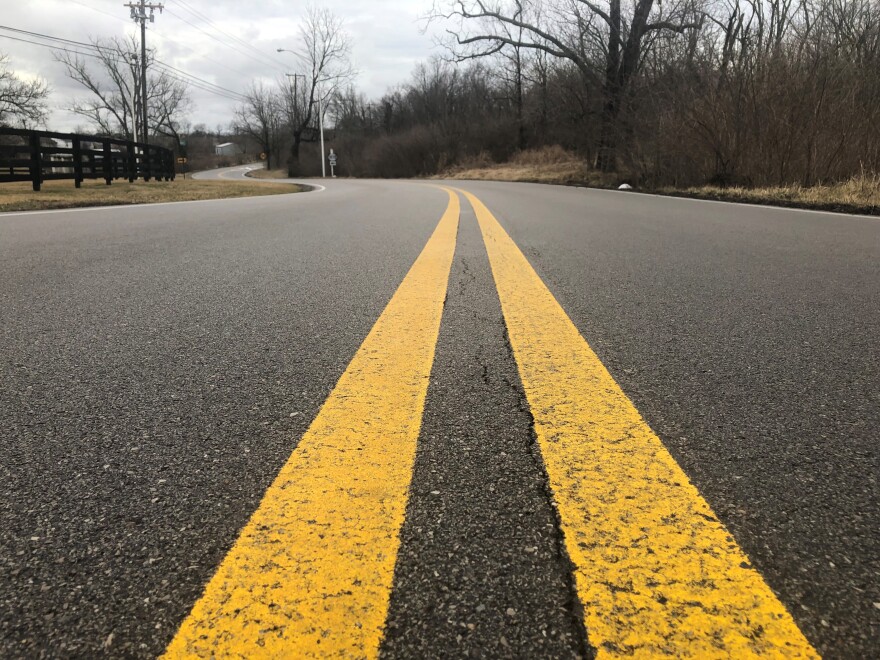The roadways that take you to work every day just received their grades this week, and they’re not exactly the kind you’d be eager to show your parents.
Kentucky’s infrastructure earned a C- in the most recent “report card” issued by the American Society of Civil Engineers.
"It's not something we should be proud of," says infrastructure report card committee chair Tom Rockaway. "We need to make sure we that we maintain our infrastructure, and if we don't it's just going to continue to deterioriate on us. And we need to take action now before it starts becoming a bigger problem and potentially a safety issue later."
Rockaway says Kentucky’s overall GPA dropped from a C in 2011 to a C- in 2017. The main culprit: deferred maintenance and systems that aren’t up to modern standards. The areas dragging the grade down were roads, dams, levees, and hazardous waste, all of which landed in the D range.
Also included in the report were aviation (C+), bridges (C-), drinking water (C+), energy (B-), solid waste (B-), and wastewater (C).
Those grades, while not exactly honor roll ready, aren’t meant to frighten but rather to serve as a roadmap for legislators weighing where to spend taxpayer dollars.
"We rely on all of them every day in some capacity, whether it's out drinking water, roads, transportation.Which do you want to do without?" Rockaway says. "They all matter. They're all important."
And the price tag can lead to some sticker shock. An EPA assessment found a $6.2 billion dollar funding need for the state’s drinking water supplies while, at last check in 2016, Kentucky needed to shell out about $1.6 billion in remedial hazardous waste-related work.

On the flipside, several areas showed slight improvement. During the previous reporting period, just over 9 percent of all Kentucky bridges were ranked structurally deficient. Restoration efforts have trimmed that number to just under 7 percent.
The one bragging right? Even with those scores, Kentucky still ranks just higher than the national average, which sits at a D+.
Read the full report.



